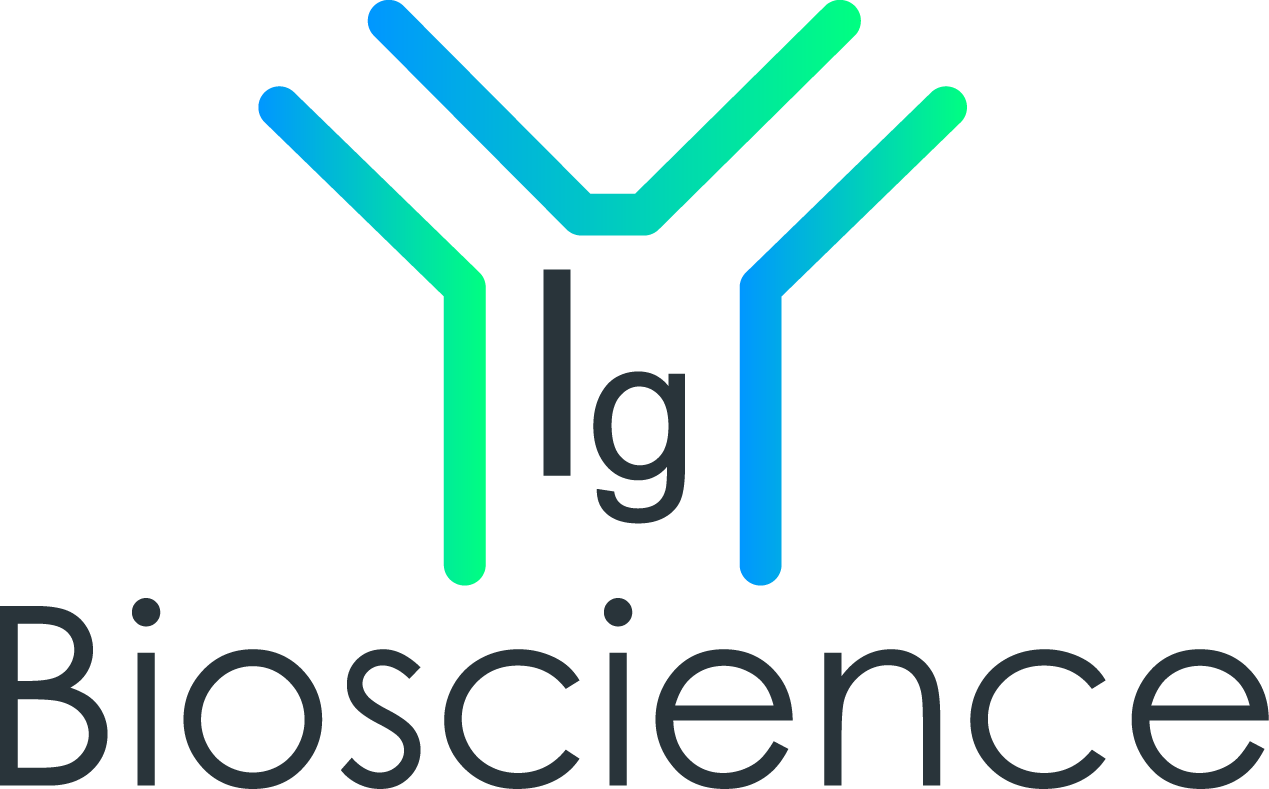IgBioscience What is Colostrum?
Colostrum is the first milk produced by all female mammals for their offspring.
Colostrum is essential for the survival of the newborn.
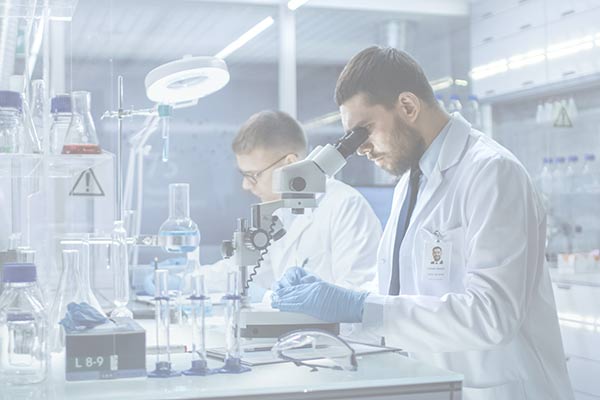
Colostrum contains:
- lipidic and glucidic factors
- oligosaccharides
- antimicrobials
- cytokines
- nucleosides that promote normal cell growth
- DNA synthesis, fat utilization, and increased mental acuity.
Bovine colostrum
It has an identical structure to the natural colostrum produced by humans. Research has shown that Bovine Colostrum:
- improves gut health
- improves nutrient absorption
- increases energy
- reduces inflammation
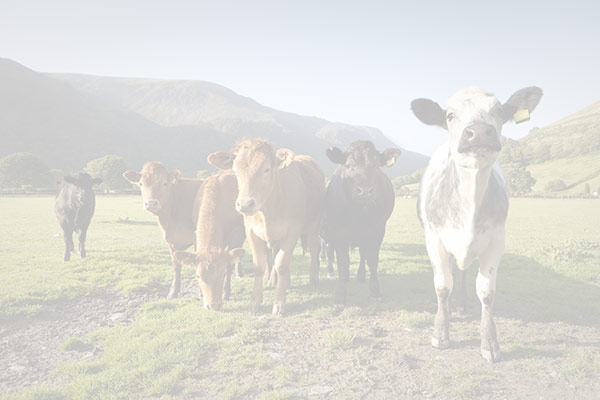
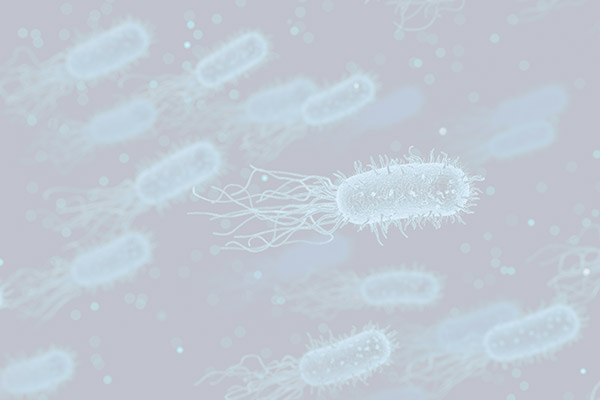
Trials show that Colostrum
- Repairs the gut
- It is far superior to restoring your gut flora than using probiotics.
- Colostrum provides over 100 times the amount of immunoglobulins as regular milk
Colostrum is Highly Valued & Widely Used.
For hundreds of years, British dairy farmers have known about the benefits of colostrum and made it into a dessert called “Beestings Pudding”. Ayurvedic physicians in India have used colostrum for centuries. It’s highly valued by Masai herdsmen in Kenya. It’s also used widely in Finland and Scandinavia. Now in the UK elite athletes and top international sports teams take colostrum as an essential part of their fitness program.
Colostrum is Highly Valued & Widely Used.
Colostrum provides over 100 times the amount of immunoglobulins as regular milk. Colostrum is also rich in transfer factors that educate and modulate the immune system and successfully teach it to recognize specific antigens. These transfer factors also help coordinate the immune system to be able to recognize the difference between normal tissue and pathological microbes or abnormal tissue growth. These important transfer factors include hydrogen peroxide and immunoglobin G (IgG). The transfer factors from colostrum are able to boost natural killer cell (NK) activity and calm a hyperactive immune system through activating suppressor T cells. This improves the intelligence of the immune system and allows it to function with greater efficiency. These transfer factors also act as a catalytic memory agent for the immune system to alert naive immune cells of an impending danger.
Our Colostrum is 100% Organic & Certified Free From Contaminants
Colostrum – A Natural Gut Healer
Colostrum – A Natural Gut Healer Dr. Andrew Keech, Ph.D., DSC describes exactly what colostrum does and why it’s designed to be the first food people and other mammals eat. He describes how the colostrum starts signaling a number of different reactions in the body. He also describes the benefit of bovine colostrum for adults.
Growth Factors
- Epithelial growth factor (EGF)
- Insulin-like growth factor-I and II (IGF-1 and IGF-II)
- Fibroblast growth factor (FGF)
- Platelet-derived growth factor PDGF)
- Transforming growth factors A & B (TGF-A and B)
- Growth hormone (GH)
These all help stimulate cell and tissue growth by stimulating DNA formation. Genetically engineered versions of IGF-1 and GH are now marketed as longevity and AIDS drugs. They are found naturally and in high concentrations in colostrum.
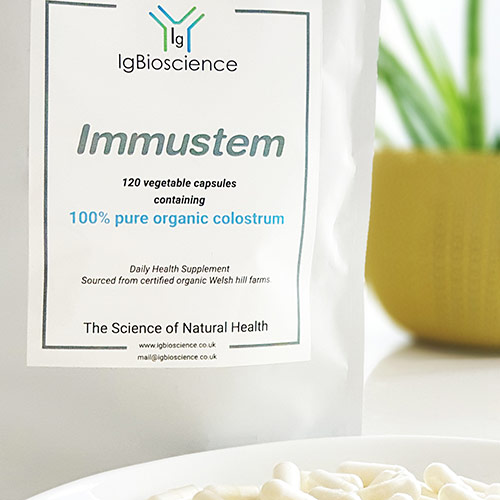
100% pure organic colostrum
Vegetarian capsules
Repairs and rebalances gut health
Reboots immune system
For a healthy and happy life
Glossary
Cytokines
Enzymes
Immunoglobulins(A, D, E, G and M)
Lactoferrin
Leukocytes
Stimulate the production of interferon which slows viral reproduction and penetration of cell walls.
Lysozyme
A hydrolyzing agent and immune system booster capable of destroying bacteria and viruses on contact. This compound destroys the peptidoglycan layer of bacterial cell walls leading to the death of such organisms (both gram-positive and gram-negative organisms are affected).
Oligo-polysaccharides and Glycoconjugates
Attract and bind to major enteric pathogens such as Strep., E. coli, Salmonella, Cryptosporidia, Giardia, Entamoeba, Shigella, Clostridium difficile Toxins A & B and Cholera preventing them from attaching or entering the mucous membranes.
Orotic Acid
Stops the formation of pyrimidine nucleotides and prevents haemolytic anemia.
Other Immune Factors
Some of the documented immune factors include secretory IgA, IgA Specific Helper, B Lactoglobulin, Lactalbumin, Albumin, Prealbumin, Alpha 1-Antitripsin, Alpha 1-Fetoprotein, Alpha 2-macroglobulin, Alpha 2-AP Glycoprotein, C3, C4 and Orosomucoids.
Proline-Rich Polypeptides (PRPs)
These are hormones or hormone-like substances that appear to help regulate some functions of the thymus gland. They appear to stimulate an underactive immune system or inhibit an overactive immune system in autoimmune conditions such as multiple sclerosis, rheumatoid arthritis, lupus, scleroderma, chronic fatigue syndrome and some allergies and hyperreactive conditions such as asthma, urticaria and allergic rhinitis (hay fever)
Trypsin and Protease Inhibitors
Prevent the destruction of immune and growth factors in colostrum from being broken down in the GI tract; they also prevent Helicobacter pylori from attaching to the walls of the stomach and can have a beneficial role in the treatment of peptic ulcers.
